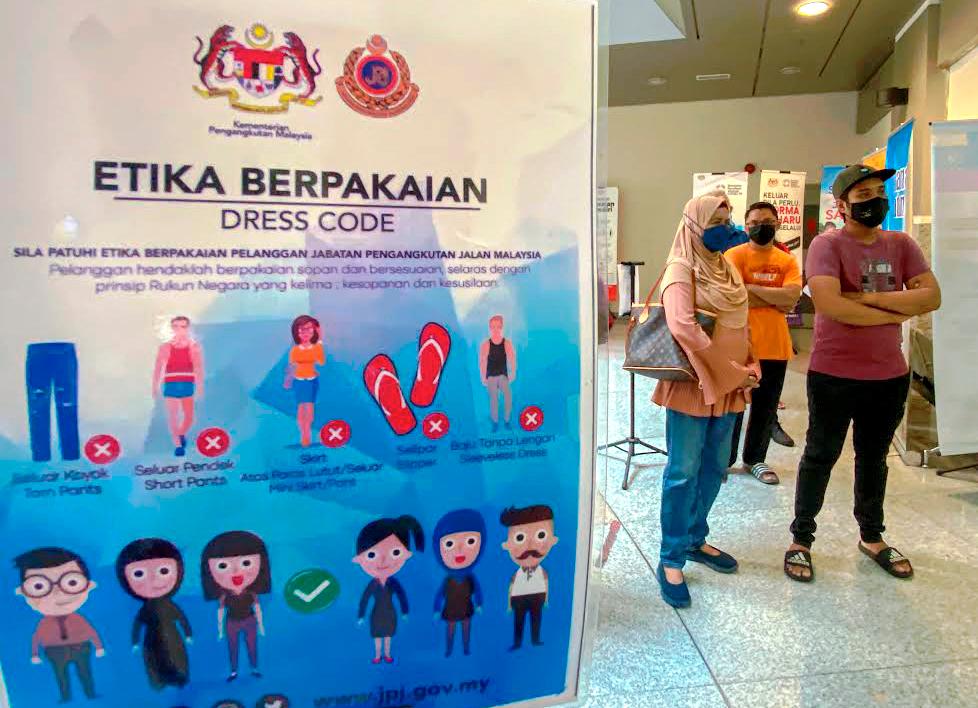PETALING JAYA: Moral policing of what women wear goes against the Malaysia Madani concept, which focuses on improving the quality of services to people. Hence, those who deny people access to public facilities based on attire, need to be hauled up and warned to stop such discriminatory practices, said NGOs.
All Women’s Action Society senior programme officer Lilian Kok said there is no statutory dress code that dictates one should be decently dressed.
“Each department is given discretion to only advise the public on the dress code during official visits.
“Whatever that is considered to be unofficial dress code is just a guideline, and cannot be enforced as law. This should be made clear to all personnel in the civil service regardless of rank, and be done through briefings or in the form of policy that is accessible to them,” she said.
Kok was commenting on a recent incident, where a woman was denied entry to the Kajang police station to lodge a report even though she was wearing Bermuda shorts, the length of which was below her knees. The woman claimed she had to change her clothing before entry was allowed.
When contacted, Women, Family and Community Development Minister Datuk Seri Nancy Shukri declined to comment on the incident.
Kok added that the public should not be denied access to a police station because public facilities are prioritised as places with a duty to serve and assist in matters involving emergencies, life and death.
“There is an expectation that these establishments deliver quality services, and not to preach or admonish them on their choice of attire,” she said.
When asked if moral policing is a common practice, Kok said “it is frustratingly reflective of a long- standing obsession by certain segments of society to control what women wear”.
She also said it allows the public and the community to cast unjustifiable judgements about an individual’s worth, character, morality and capabilities based on attire.
Women’s Aid Organisation head of campaigns Louise Tan said dress codes should not matter when entering public facilities such as police stations.
“Police personnel should not have denied her the right to make a report because of what she was wearing. We are very concerned over the implication that a woman could also be denied entry when wanting to report a serious crime.”
Tan said moral policing of women’s attire serves only to control their bodies and exclude them from public spaces, which would in turn limit their participation in public life as well.
“Frontline police personnel must receive regular training on gender sensitivity to better serve everyone,” she said.









